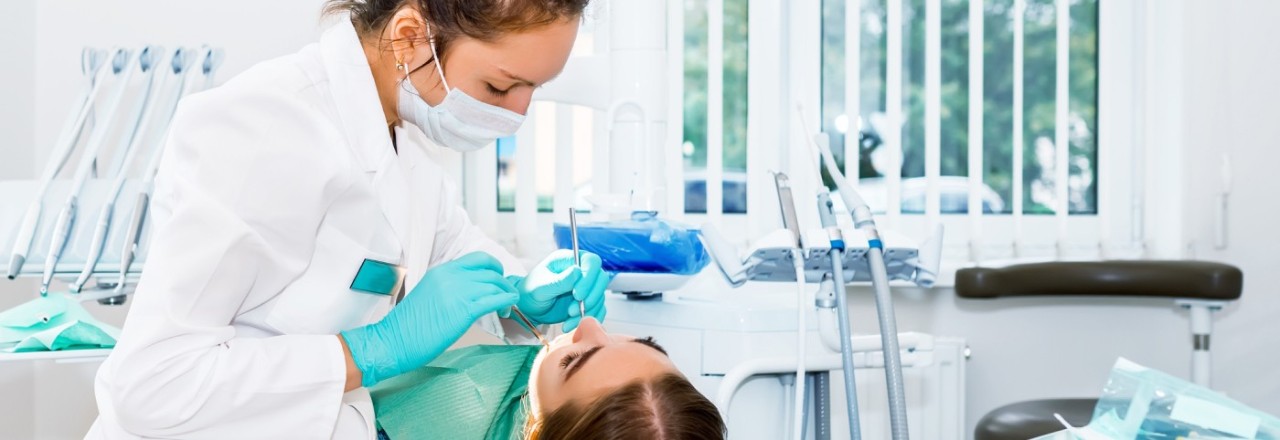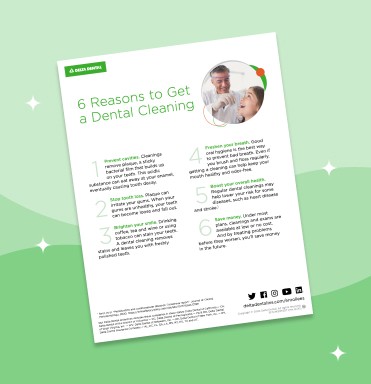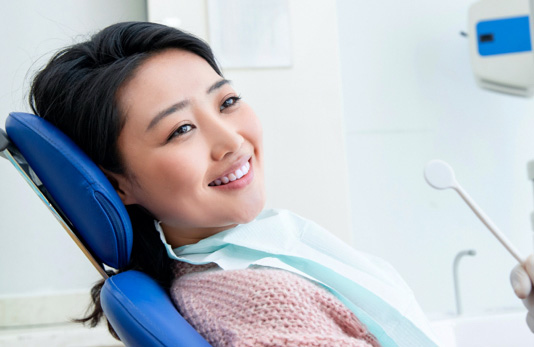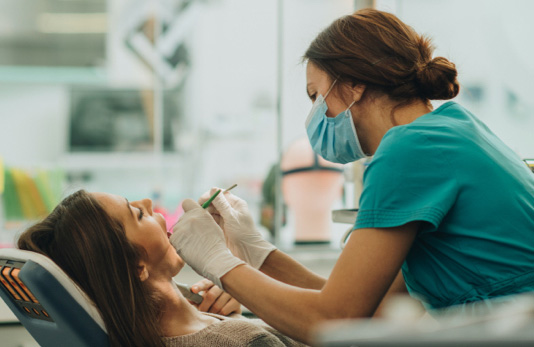What to expect at a dental cleaning

You might think that brushing and flossing are enough to keep your teeth and gums healthy, but that’s not all you need. Getting a professional dental cleaning at least once a year can greatly improve your oral health.
A professional dental cleaning removes stubborn tartar and plaque that regular brushing won’t remove. It also allows your dentist or dental hygienist to locate areas in your mouth that may need special attention.
If you brush and floss regularly at home, the cleaning will be easy. But you may experience some discomfort or sensitivity if you have neglected these important habits. The dentist can use a topical anesthetic before the cleaning to lessen any discomfort.
Parts of a dental cleaning
During a dental cleaning, the dentist or hygienist removes plaque and tartar from your teeth. Plaque is a sticky film of bacteria that can cause tooth decay, and tartar is a hard buildup of that plaque.
This is removed using either a metal scaler, which physically scrapes off bacterial build-up, or an ultrasonic scaler, which uses vibration to remove the substances.The person doing this usually uses a small handheld mirror to guide the cleaning.
The dentist or hygienist will then squirt water into your mouth to rinse off the plaque and will use a suction tool to pick up all the water and plaque.
Next, your teeth will be polished with a gritty toothpaste (usually flavored), followed by another squirt of water to rinse out the toothpaste and plaque removed. Finally, your teeth will be flossed to remove any bits of food and plaque that are between the teeth.
Get teeth cleaned at least once a year
Take charge of your oral health by scheduling a visit to your dentist every six months. You’ll not only be healthier, but your teeth will feel great!
What happens during a dental cleaning?
Dentistry Decoded: Cleanings

Last updated March 11, 2022
Related articles:
The oral health information on this website is intended for educational purposes only. Always consult a licensed dentist or other qualified health care professional for any questions concerning your oral health.


